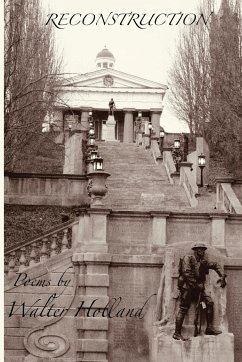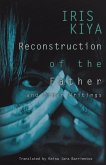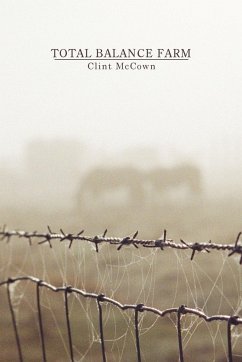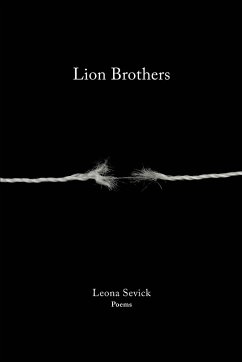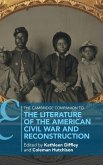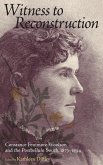The fourth book of poetry by this New York City poet, Walter Holland's Reconstruction is a work of poetic reconciliation with his boyhood in Lynchburg, Virginia. Weaving both vivid lyric language into these short narrative poems, Holland reconstructs a flawed yet nostalgic past. Uprooted northerners, Holland, his sisters, and his parents sought the bucolic charm and unfettered economic opportunity of 1950s Virginia. But boyhood brought with it a complex emotional and psychological complicity with the perverse cultural mores and institutionalized racism of the south. White, privileged, and sexually conflicted, Holland, who was drawn to the arts, negotiated a world of natural beauty and solitary retreat. His mother struggled with depression. His father, a doctor, kept true to the stoic virtues of fifties masculinity. Middle-class and affluent, Holland went to ballroom lessons, piano lessons, lived in a home attended to by a maid, and grew into a society, on the one hand as an outsider-northern born, Catholic, liberally inclined, studying modern dance and performing in community theater-and on the other felt obliged upon to take a date to her debutante party, attend the cotillions, hunt on one occasion, and obediently comply with the rules of segregation. Holland's poems weave the rural landscape of Virginia and its distinct country local with the burgeoning arrival of suburbanization and corporate industrialization in the late fifties. He gives a sense of the swift transition from the old south to the New South. He layers his poems on top of the brutal remains of the Civil War, the daily evidence of the Jim Crowe south, the rotting foundations of tobacco shacks, segregated neighborhoods, and aged downtown businesses. He describes the prosperity of the sixties, a race riot at his high school, the institutionalization of his mother for shock-treatments, and the travel-hungry father who circles the globe. Above all these are poems that will evoke the beauty of a remembered past and its many illusory and problematic realities.

